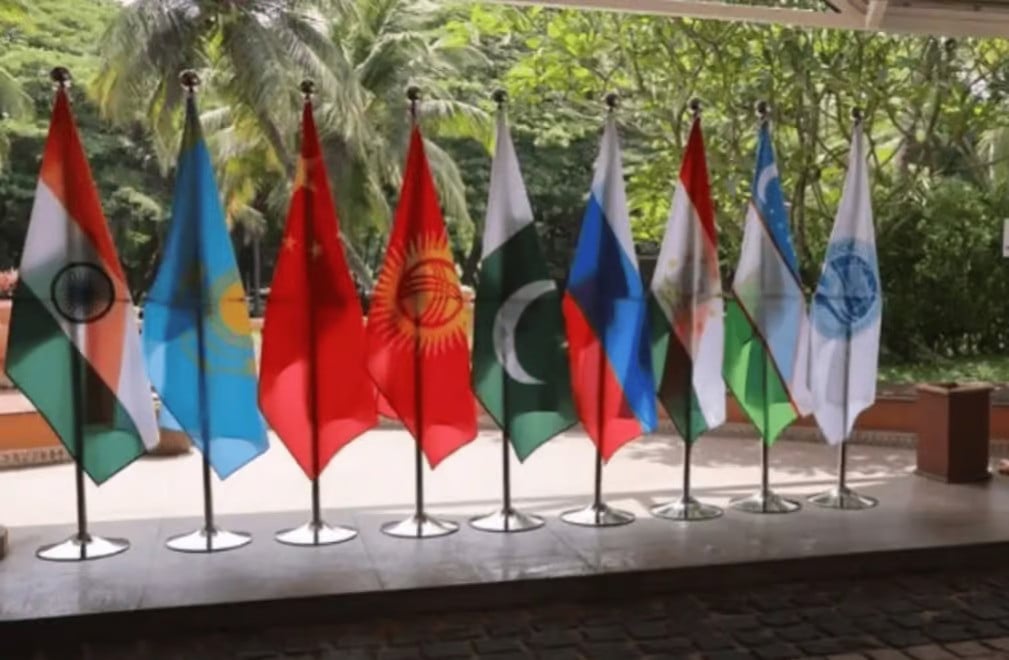As global leaders prepare to convene at the Shanghai Cooperation Organization (SCO) Summit in Islamabad on October 15-16, there is growing anticipation for significant progress on climate action, sustainability, and environmental protection. This year’s summit is expected to build on past commitments and introduce new measures to tackle the global climate crisis, amidst rising geopolitical tensions and economic challenges.
A Climate-Driven Agenda
At previous SCO gatherings, climate action was highlighted as a central issue, with members recognizing their collective responsibility in mitigating climate change. UN Secretary-General António Guterres, in past remarks, stressed the importance of a Climate Solidarity Pact—a visionary agreement urging the world’s largest emitters to enhance efforts to cut emissions, while wealthier nations and international institutions support emerging economies in transitioning to renewable energy.
With the global community facing the dual challenges of growing inequality and climate change, the Acceleration Agenda proposed by Guterres remains a critical focus. It encourages developed nations to achieve net-zero emissions by 2040 and developing countries by 2050, while phasing out coal use within the next two decades. The upcoming SCO Summit could potentially see further commitment to this timeline, with discussions expected on increasing adaptation finance and implementing the long-promised $100 billion fund for developing nations.
Focus on Collaboration and Green Innovation
In addition to climate mitigation, the summit is also expected to explore cross-sector collaborations for advancing sustainability. The SCO members will likely review progress on the Green Belt Project (2024-2026) and environmental protection initiatives agreed upon in prior meetings. From smart waste management strategies to reducing dependency on fossil fuels, the summit offers a platform for member states to unite on innovative green policies that foster economic growth while protecting the environment.
During India's SCO presidency, significant steps were taken towards decarbonization, with a Joint Statement on Emerging Fuels and a Concept Paper on De-carbonization in Transportation gaining approval. These initiatives, along with India's pledge to achieve net-zero emissions by 2070, serve as a blueprint for future discussions at the summit, as countries aim to balance economic development with environmental stewardship.
A Time for Action
As the SCO heads of state gather, the world will be watching for actionable outcomes on climate solutions and sustainability. The need for an equitable financial system, one that supports the most vulnerable nations in their fight against climate change, has been stressed by Guterres and other leaders. With the operationalization of the loss and damage fund and the SDG stimulus package still on the table, the summit presents a pivotal moment for driving forward reforms that make global financial and environmental systems more just and inclusive.
Given the high stakes of the climate crisis, this year's SCO Summit is expected to make strides in aligning global efforts toward a sustainable and climate-resilient future. From the transition to renewable energy to commitments on green infrastructure, the outcomes of the summit could provide a roadmap for future collaboration and action on the most pressing issue of our time.
The Shanghai Cooperation Organization is a permanent intergovernmental international organization established on June 15, 2001 in Shanghai (PRC) by the Republic of Kazakhstan, the People's Republic of China, the Kyrgyz Republic, the Russian Federation, the Republic of Tajikistan and the Republic of Uzbekistan.
Currently, the SCO countries includes 9 Member States — the Republic of India, the Islamic Republic of Iran, the Republic of Kazakhstan, the People's Republic of China, the Kyrgyz Republic, the Islamic Republic of Pakistan, the Russian Federation, the Republic of Tajikistan, the Republic of Uzbekistan









.jpg)



